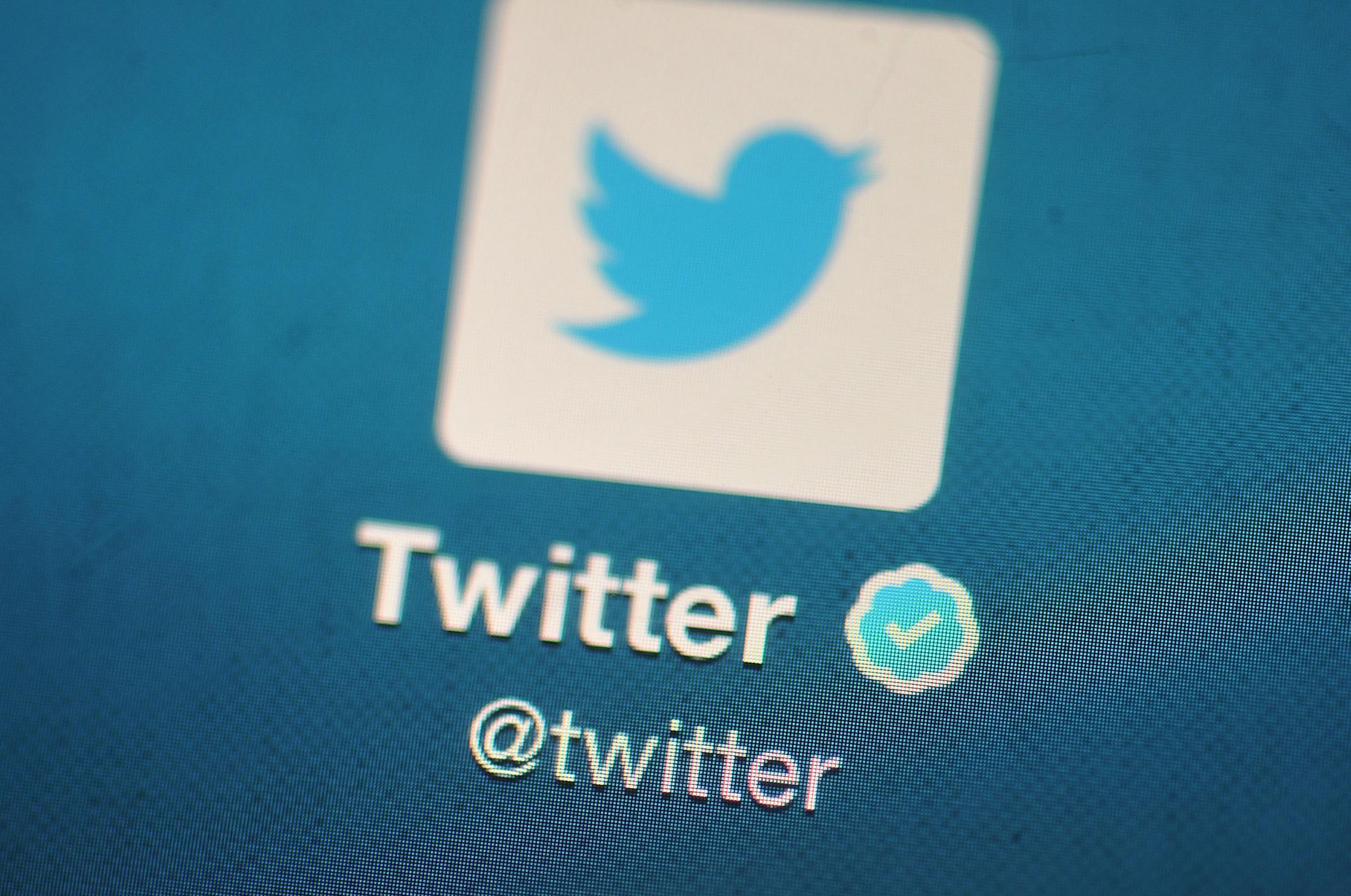Twitter move to use hearts instead of favs upsets the site’s own employees
Describing the new wording as ‘loaded’, senior engineers have publicly criticised the move

Your support helps us to tell the story
From reproductive rights to climate change to Big Tech, The Independent is on the ground when the story is developing. Whether it's investigating the financials of Elon Musk's pro-Trump PAC or producing our latest documentary, 'The A Word', which shines a light on the American women fighting for reproductive rights, we know how important it is to parse out the facts from the messaging.
At such a critical moment in US history, we need reporters on the ground. Your donation allows us to keep sending journalists to speak to both sides of the story.
The Independent is trusted by Americans across the entire political spectrum. And unlike many other quality news outlets, we choose not to lock Americans out of our reporting and analysis with paywalls. We believe quality journalism should be available to everyone, paid for by those who can afford it.
Your support makes all the difference.Twitter’s own employees are criticising their company’s decision to drop favs and change to hearts.
The site has changed from using stars represented by favs to using “likes” represented by little hearts. Twitter claimed that the change was intended to stop newcomers getting confused, since it might not be clear what a favourite is.
But engineer Peter Seibel said that the site had chosen a term that was loaded, abandoning what he described as the “neutral” wording of the old tool.
Mr Seibel describes himself on LinkedIn as a senior staff engineer at Twitter. He has been in that position since April 2015, joining the company as a staff engineer exactly two years before that.
Others outside of Twitter have made the same criticism. While it was possible to fav bad stories to note them for later or make clear that they had been seen, some have worried that the heart-shaped like button makes it look as if users’ are approving of the content.
Some responding to Mr Seibel worried that he might be fired for expressing his opinion in a public setting.
But since Twitter has been known to be testing the hearts with some users before its wide launch, it’s likely that Mr Seibel had been aware of the change long before it was rolled out.
Join our commenting forum
Join thought-provoking conversations, follow other Independent readers and see their replies
Comments